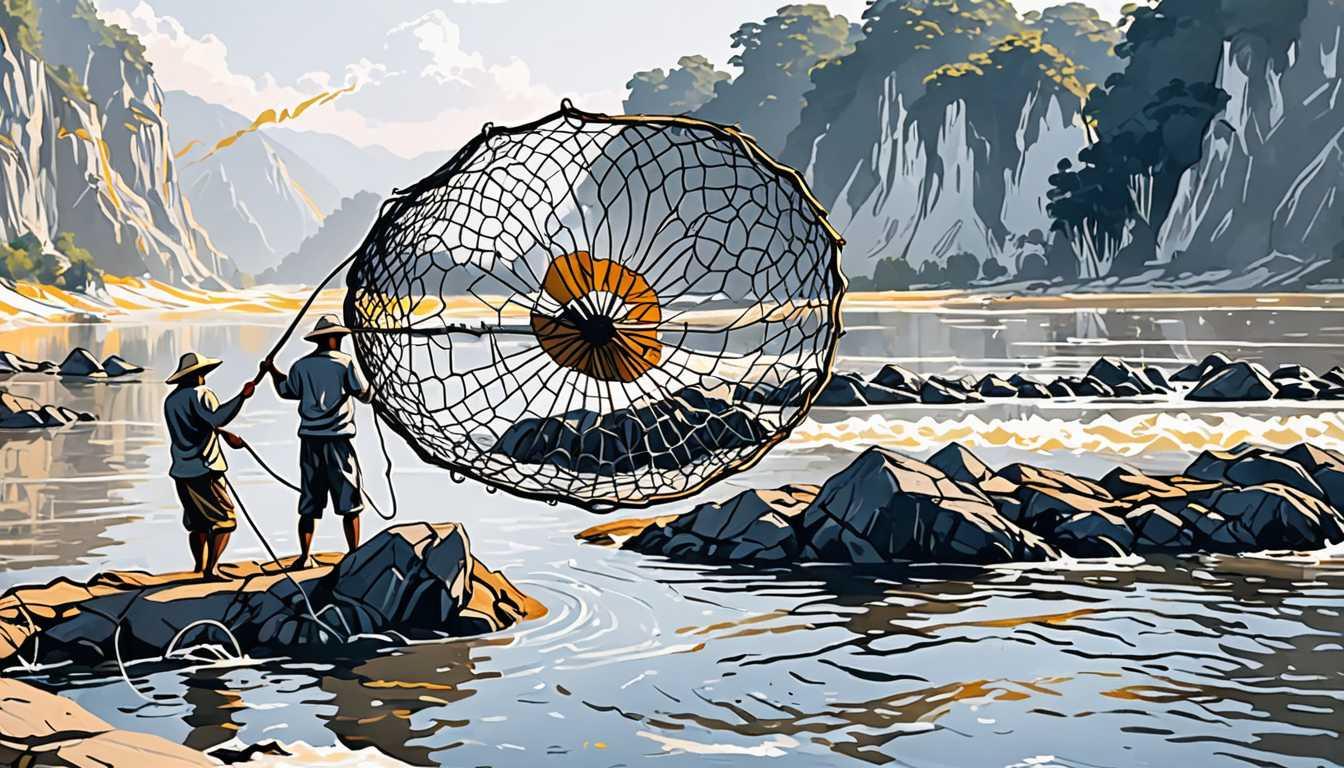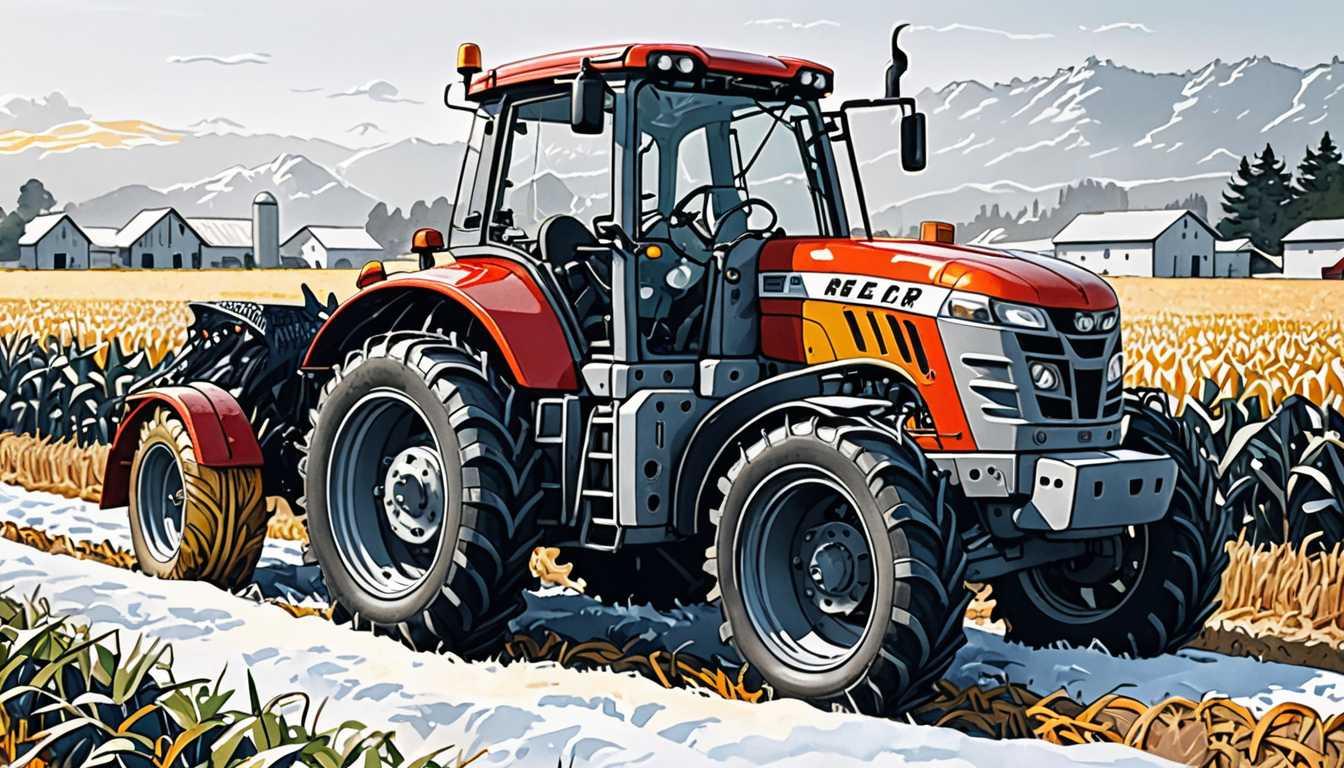Future Bites: Sustainable Meat Alternatives
December 2023
Cornell University
Introduction
Dive into the future of food with Cornell University's eye-opening article, Meat alternatives could feed humans more sustainably. Discover how lab-grown meats and plant-based delights could revolutionize our plates and planet. Co-authored by Cornell researchers for a UN report, this piece explores how these futuristic foods might combat global food insecurity, environmental woes, and even make us healthier. It's a meaty read without the meat—perfect for anyone curious about the next big thing in sustainable dining.
READ FULL ARTICLEWhy It Matters
Discover how this topic shapes your world and future
Chewing on the Future of Food
Did you know that the steak or burger you love could one day come from a lab, or be made entirely from plants? With the global population booming and our planet straining under the weight of current food production methods, scientists and researchers are cooking up innovative solutions to feed the world more sustainably. These meat alternatives aren't just sci-fi fantasies; they're real, and they're aimed at tackling some of the biggest challenges our world faces, from climate change to food insecurity. This topic is not just about what's on your plate; it's about the health of our planet, the well-being of billions of people, and the future of food itself. Imagine the impact you could have by diving into this field, understanding the science behind it, and maybe even contributing to these groundbreaking solutions. This could relate to you in simple ways, like what choices you make at the dinner table, to big decisions about what you might want to study and explore in the future.
Speak like a Scholar
Sustainable Agriculture
Farming practices that meet current food needs without compromising the ability of future generations to meet their needs. It's about finding a balance between feeding the world and keeping our planet healthy.
Cellular Agriculture
A method of creating animal products from cell cultures rather than whole plants or animals. Think of it as farming at the microscopic level, where meat grows in a lab instead of on a farm.
Biodiversity Loss
The decrease in the variety of life forms within a given ecosystem. It's like if your favorite playlist suddenly had fewer and fewer songs, reducing the richness of your music experience.
Zoonotic Disease
Illnesses that can be transmitted from animals to humans. These diseases can jump between species, sometimes with serious health implications for people.
Greenhouse Gas Emissions
Gases that trap heat in the atmosphere, contributing to global warming. It's like wrapping the Earth in a blanket that makes it too warm, disrupting climates and ecosystems.
Food Insecurity
The state of being without reliable access to a sufficient quantity of affordable, nutritious food. It's like opening your fridge to find it nearly empty, not just for a day, but all the time.
Independent Research Ideas
The Psychology of Meat Consumption
Explore why people choose to eat or not eat meat and how cultural, social, and personal beliefs influence these decisions. It's fascinating to see how deeply food is connected to our identities and values.
The Impact of Diet Choices on Climate Change
Investigate how different diets, from carnivorous to vegan, impact the environment. This project could shed light on how your lunch affects the planet.
Innovations in Food Technology
Dive into the latest advancements in creating sustainable meat alternatives, such as lab-grown meat or plant-based proteins. Imagine getting to explore the cutting-edge technologies that could revolutionize how we eat.
The Role of Policy in Shaping Sustainable Food Systems
Examine how government policies around the world are supporting or hindering the shift towards more sustainable food production and consumption. It's a chance to see how decisions at the top influence what ends up on our plates.
Cultural Perspectives on Meat Consumption and Vegetarianism
Look into how different cultures view meat consumption and vegetarianism, and how these views are changing over time. This topic is a rich tapestry of tradition, change, and the future of food across the globe.
Related Articles

Python: The Future of Food?
March 2024
Smithsonian Magazine

Small Fish, Big Benefits for Health!
January 2025
Cornell News Highlights

Naked Clams: Seafood's Future
November 2023
University of Cambridge

Innovations in Agriculture: A Climate Challenge
October 2024
MIT Technology Review

Seafood Without the Sea
September 2019
Smithsonian Magazine